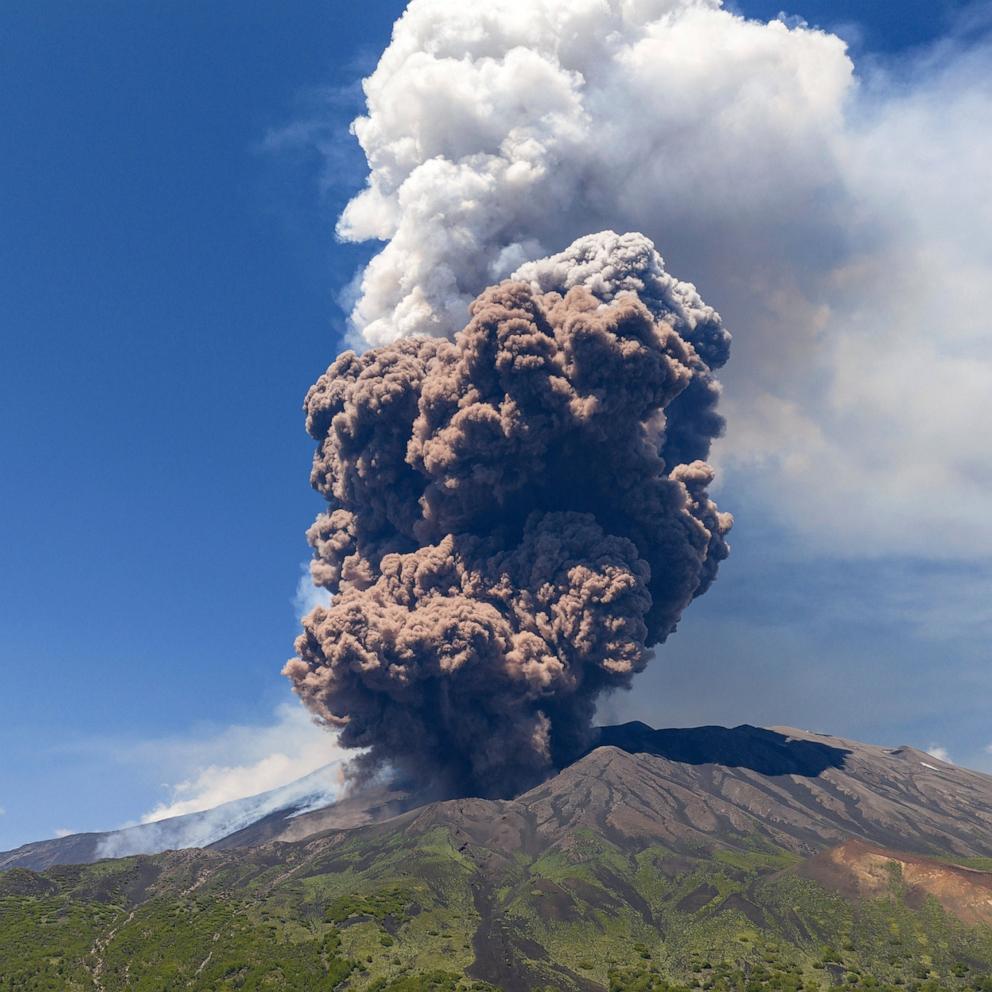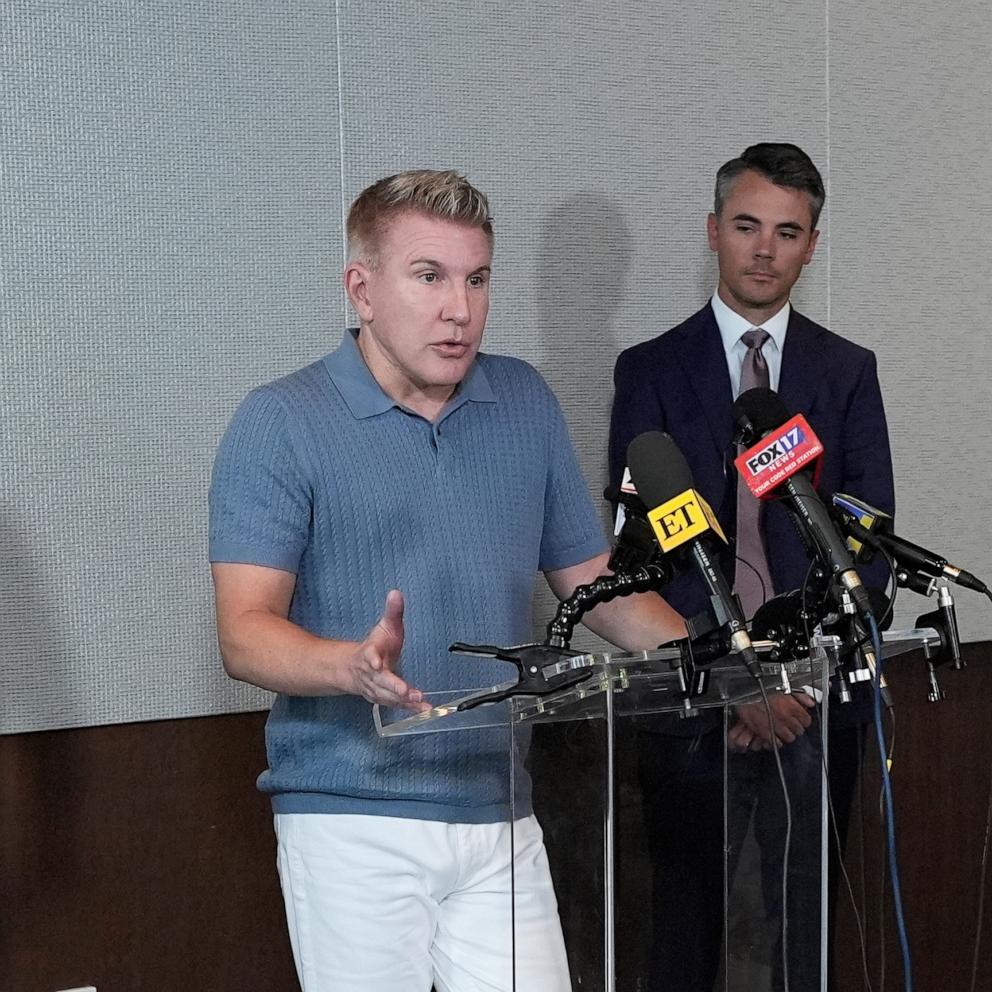Judge says Trump has power to impose tariffs, but punts lawsuit to different court
Donald Trump's sweeping tariffs may be able to survive a legal challenge, thanks in part to a Japanese zipper company that sued the Nixon administration 50 years ago.
Earlier this week, a federal judge in Florida nominated by Donald Trump suggested the president has the authority to unilaterally impose tariffs -- basing his ruling on the precedent from a 1970s court case -- but stopped short of issuing an order affirming the president's right to impose sweeping tariffs.
In a largely technical ruling issued on Tuesday, U.S. Judge T. Kent Wetherell II transferred one of the first lawsuits challenging Trump's tariffs to a different federal court while also weighing in on the legality of the controversial tariffs. Florida-based planner company Emily Ley Paper sued over the tariffs in April, asking Wetherell to invalidate them because Trump lacks the power to impose tariffs himself.
According to the judge, the International Emergency Economic Powers Act of 1977 gives Trump the authority to set tariffs for reasons other than raising revenue. Wetherell wrote that Trump's justification for the tariffs -- both stemming the flow of illicit drugs into the country and resolving a trade imbalance -- is sufficient to satisfy the terms set by Congress.
"This is a civil action commenced against the United States and it 'arises out of' a federal law—IEEPA—so the dispositive question framed by the parties' filings is whether IEEPA 'provid[es] for … tariffs,'" he wrote. "Defendants contend that it does; Plaintiffs contend that it doesn't. The Court agrees with Defendants ..."
The decision is at best a symbolic victory for the Trump administration, which is fending off a half dozen lawsuits challenging the legality of the recent "Liberation Day" tariffs.
Judge Wetherell ultimately decided to transfer the case from a federal court in Florida to the Court of International Trade in New York, meaning that, despite his favorable view of the tariffs, he won't be the one deciding the case.

But the decision marks the first time a federal judge has suggested Trump's imposition of tariffs falls within his authority as president, offering a positive sign that the Trump administration may find a receptive audience at the Court of International Trade. During two hearings over the last week, judges at the Court of International Trade have wrestled with the same question about Trump's authority.
The question comes down to the interpretation of the 1970s law that Trump used to impose his tariffs. The IEEPA gives the president the right to "regulate" imports but does not explicitly mention tariffs. Lawyers challenging the tariffs have argued that Trump's interpretation of the law oversteps his authority by treading into an issue controlled by Congress, but the Trump administration has pointed judges to a court decision related to the IEEPA's legal predecessor -- the Trading with the Enemy Act of 1917 -- to guide the way.
Back when President Richard Nixon confronted the country's 1971 economic crisis with steep tariffs on Japanese goods, a zipper company based in Japan called Yoshida sued Nixon over the tariffs.
The Court of Customs and Patent Appeals, the predecessor to the Court of International Trade, sided with the government and held that the TWAE gives the president the power to impose tariffs.
According to Wetherell, the same reasoning would apply 50 years later to the IEEPA, meaning Trump has the power to impose tariffs without the help of Congress. "The reasoning in Yoshida is persuasive, and the Court sees no reason why it would not apply to IEEPA because the operative language of IEEPA is identical to the operative language in TWEA," the judge wrote.
Despite losing its legal battle, Yoshida remains in business today. Now operating under the name YKK, it produces more zippers than any other company in the world.




